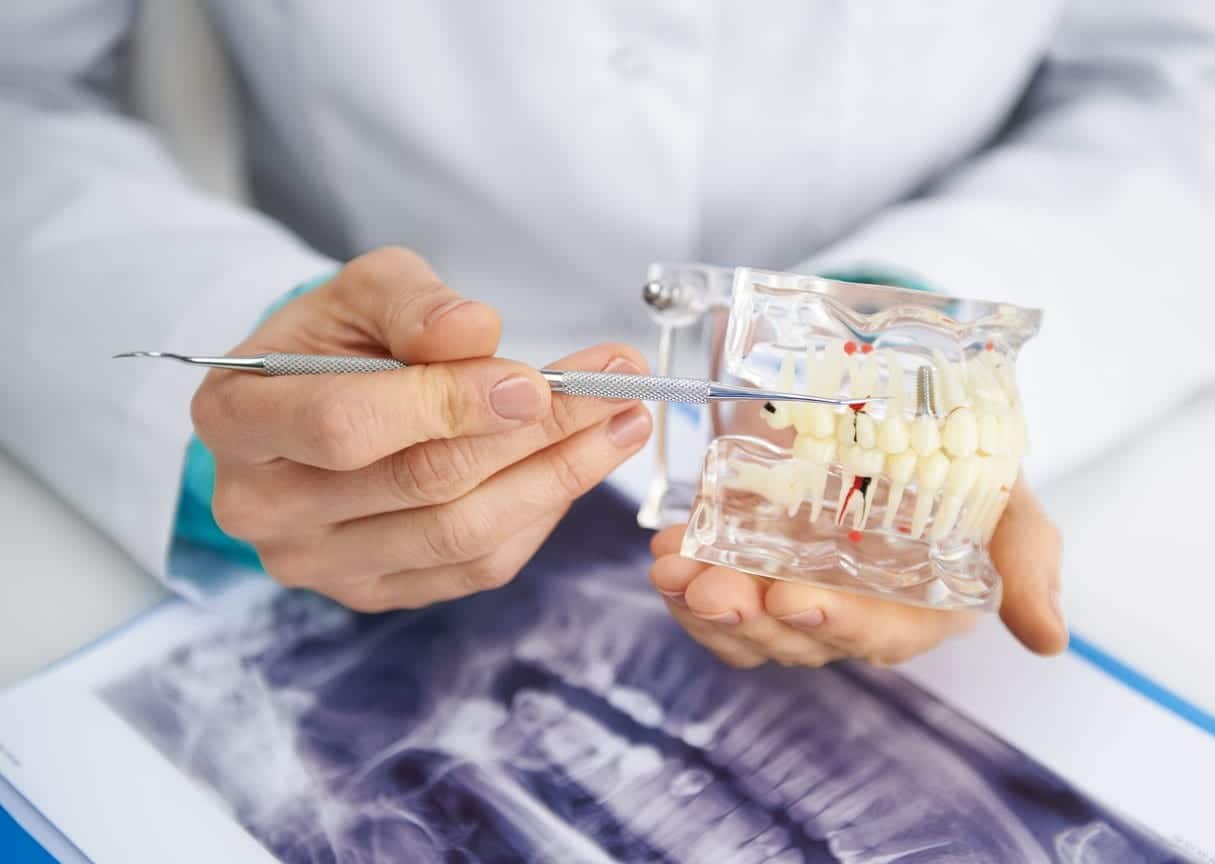
Seniors have unique dental concerns and conditions that aren’t as common among younger adults and children, so prioritizing your oral health is more important than ever as you age.
How exactly do you do this? Below you will find three tips that everyone should follow as they get older to make sure they maintain a beautiful smile and good dental health.
Important Dental Tips for Seniors
Stay Hydrated: Keeping yourself hydrated is important for many reasons, but it can be harder to feel hydrated under certain medications that are more common among older adults. Regarding oral care, many medications prescribed to seniors specifically cause dry mouth.
Saliva helps to kill harmful bacteria that build up in your mouth to cause oral diseases. Dry mouth, in contrast, increases your risk of these diseases. To keep your mouth from being too dry, be sure to drink water and chew a sugarless gum to increase salivation. Also avoid drinks that dehydrate the body like alcohol or soda.
Visit a Dentist Twice a Year: Many oral complications for seniors are going to come from general wear and tear of the teeth. Simply put, our teeth were not designed to last for 60, 70, or 80 years or more, and decades of use will inevitably cause your teeth enamel or gums to recede.
Because of this, it is even more important to visit a dentist during this time of your life. Dentists can catch any early signs of cavities and begin to treat them before they become a real pain. Moreover, a simple dental visit can also help identify early signs of oral cancers so that you can start treatment before it gets even worse
Ask Your Dentist About Antibiotics Before Procedures: Due to different side effects from medication or other conditions, there is a higher risk for seniors of getting an infection after a dental procedure.
If you have been prescribed medication recently and are going into a dentist’s office for certain procedures, it’s best to call ahead and discuss the possibility of taking antibiotics before or after the procedure.
Is It Time for Dentures?

When you think about “seniors” and “oral care,” one specific image probably comes to mind: dentures. False teeth have gotten a bit of a bad reputation in some circles, but you should not discount them outright or allow your oral health to suffer.
Even if you don’t think you need dentures, they may be in your near future. After all, a majority of seniors wear either full or partial dentures. Dentures allow anyone who is missing teeth to restore a full smile and chew and digest food properly. Bone loss, gum disease, or poor oral health may all point to a dentist suggesting dentures.
Other signs that you may need dentures include:
- Inflamed, swollen, or bleeding gums
- Shifting or loose teeth
- Toothaches (they could lead to tooth loss or signal bone decay)
- Missing one or two teeth already
- Unbearable sensitivity
- Indigestion (often caused by the inability to chew properly)
If dentures really don’t appeal to you, there are other options. Be sure to talk to your dentist about what he or she recommends for your mouth at your next appointment.






